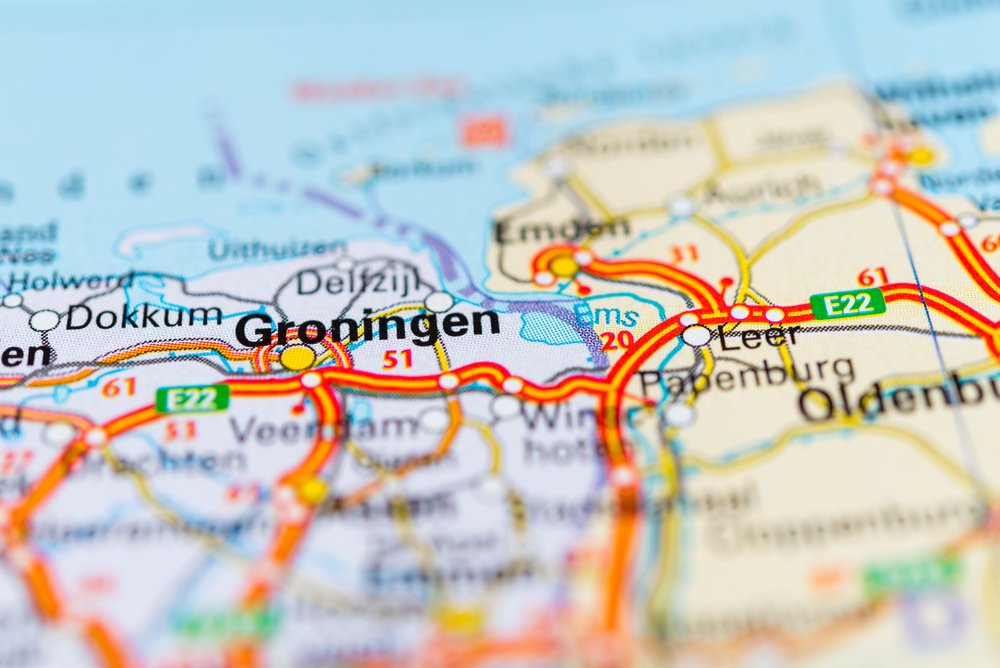The municipality is going to cut 225.000 euros on Wmo transport. This has consequences for people living in the old municipality of Groningen and who are dependent on taxi transport due to illness or disabilities. All users of the Wmo taxi transport have received a letter from the municipality. The conditions have changed as of January 1, 2020.
"The maximum amount that disabled people can travel by taxi was set at 1500 kilometers, which is 30 euros per week."
At the end of last year, the city council agreed to an increase in the rates for Wmo transport. SP Groningen wants to know what consequences the cuts in Wmo transport will have for users and is therefore one reporting point started. Characteristic of the Wmo is that the support must be tailor-made. This means that the municipality must investigate the situation of the person who asks for help.
“Suppose you make use of the Wmo transport for 1500 km (30 km per week), then the increase in the km price by € 0,017 means an extra expenditure of € 25,50 per year. Suppose you divide the 1500 km over two trips a week. That is 100 journeys per year times the increase of the entry rate by € 0,54 are additional costs of € 54. So someone who uses 1500 km per year of Wmo transport and that twice a week will lose an extra € 79,50 per year."Said SP councilor Wim Kok.
This new scheme was silently accepted by the city council at the end of last year. From the first week of January, the SP received reactions from people who use Wmo transport. The SP wants to know what the opinions are about taxi transport and what consequences the changes will have for users and those involved.
The Social Support Act (Wmo) is there to allow people who need help to live independently at home as much as possible. Anyone who needs care and support can contact the municipality. Informal carers can also appeal to the Wmo.
Also read: Insight into what WMO municipal money is spent on



